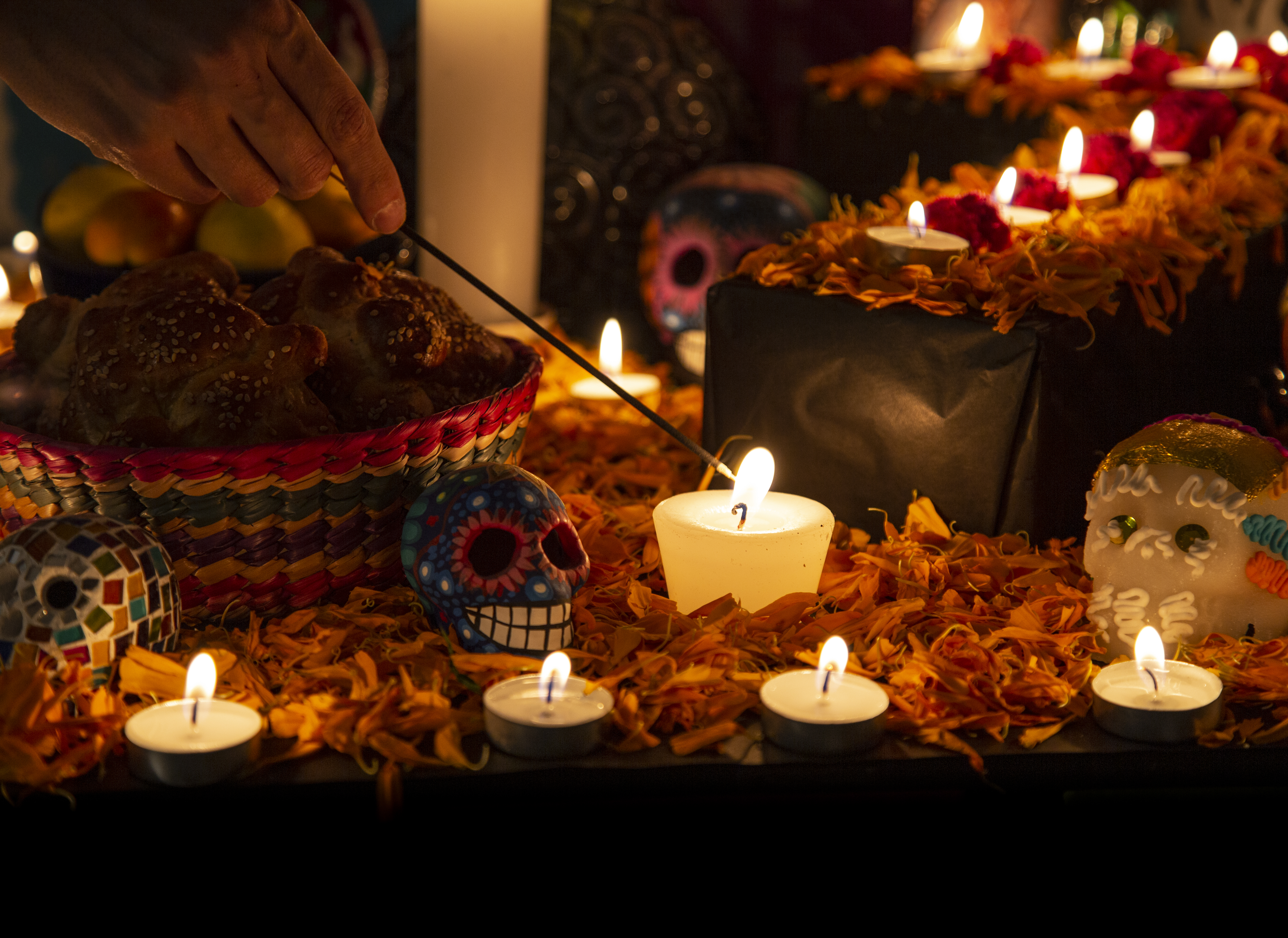
Grief Across Cultures: Lessons from Global Perspectives on Loss (Part 1)
Grief is a universal experience, yet the way it is expressed and navigated varies widely across cultures. Each culture offers unique traditions, beliefs, and practices that shape how individuals and communities cope with loss. By exploring grief through a global lens, we can learn valuable lessons about resilience, remembrance, and the profound ways humanity honours those who have passed.
The Universality of Grief
Regardless of cultural differences, grief stems from love and connection. Across the world, rituals and traditions help people process their emotions, celebrate lives, and find comfort in community. Understanding these practices can broaden our perspectives on loss and offer inspiration for navigating our own grief journeys.
Grieving in Different Cultures
Here are some examples of how cultures around the world approach grief and mourning:
- Mexico: Día de los Muertos (Day of the Dead) - In Mexican culture, grief is transformed into celebration during Día de los Muertos. Families create ofrendas (altars) adorned with photos, candles, marigolds, and favourite foods of the deceased. This colourful festival honours loved ones, inviting their spirits to return and celebrate with their families. Lesson: Celebrating life alongside mourning can provide a sense of connection and joy amidst loss.
- Japan: Obon Festival - The Obon Festival is a time when Japanese families honour their ancestors. Lanterns are lit to guide spirits back to the living world, and dances known as Bon Odori are performed to celebrate their memory. Graves are cleaned and offerings are made to show respect. Lesson: Acts of remembrance can foster a deep sense of continuity between past and present.
- Ghana: Elaborate Funerals - In Ghana, funerals are elaborate affairs, often lasting several days. They are not just a time for mourning but also for celebrating the deceased’s life through music, dancing, and storytelling. The community comes together to honour the person’s legacy and support the bereaved. Lesson: Mourning as a collective experience can provide strength and solidarity during difficult times.
- India: Cremation and Rituals - In Hindu culture, cremation is the primary funeral rite. Ashes are often scattered in sacred rivers, symbolizing the soul’s return to the divine. Rituals such as Shraddha (offering food and prayers) help families honour their ancestors and ensure peace for the departed soul. Lesson: Rituals can provide structure and purpose in the grieving process, offering a path to healing.
- New Zealand: Māori Tangi (Funeral) - The Māori people of New Zealand hold tangihanga, or tangi, which are extended funeral ceremonies on a marae (communal meeting place). These ceremonies emphasize storytelling, singing, and communal support, allowing the community to collectively grieve and celebrate the deceased. Lesson: Storytelling can be a powerful way to preserve a loved one’s memory and keep their legacy alive.
Lessons from Global Perspectives
Exploring grief across cultures reveals several universal themes:
- Community Matters: Many cultures emphasize the importance of grieving together, finding strength and comfort in collective support.
- Rituals Create Meaning: Structured practices, from lighting candles to singing songs, help individuals and families navigate loss with intention.
- Remembrance Endures: Acts of remembrance, whether through festivals, offerings, or storytelling, ensure that loved ones remain present in the lives of the living.
- Joy and Grief Can Coexist: Celebrating life while mourning loss provides balance and helps us honour both the pain of absence and the beauty of connection.
Applying Cultural Insights to Personal Grief
Learning from global grief traditions can inspire us to create our own meaningful rituals and practices. Consider:
- Hosting an annual remembrance day to honour your loved one.
- Incorporating storytelling into family gatherings to keep memories alive.
- Exploring cultural rituals that resonate with you, such as lighting candles, planting trees, or creating an altar.
These practices can help transform grief into a journey of love, remembrance, and resilience.
Grief is both deeply personal and universally shared. By embracing lessons from cultures around the world, we can find new ways to honour our loved ones, connect with others, and navigate the complexities of loss.
Grief across cultures teaches us that mourning is not just about saying goodbye—it’s about keeping the love alive, no matter where we are in the world.

